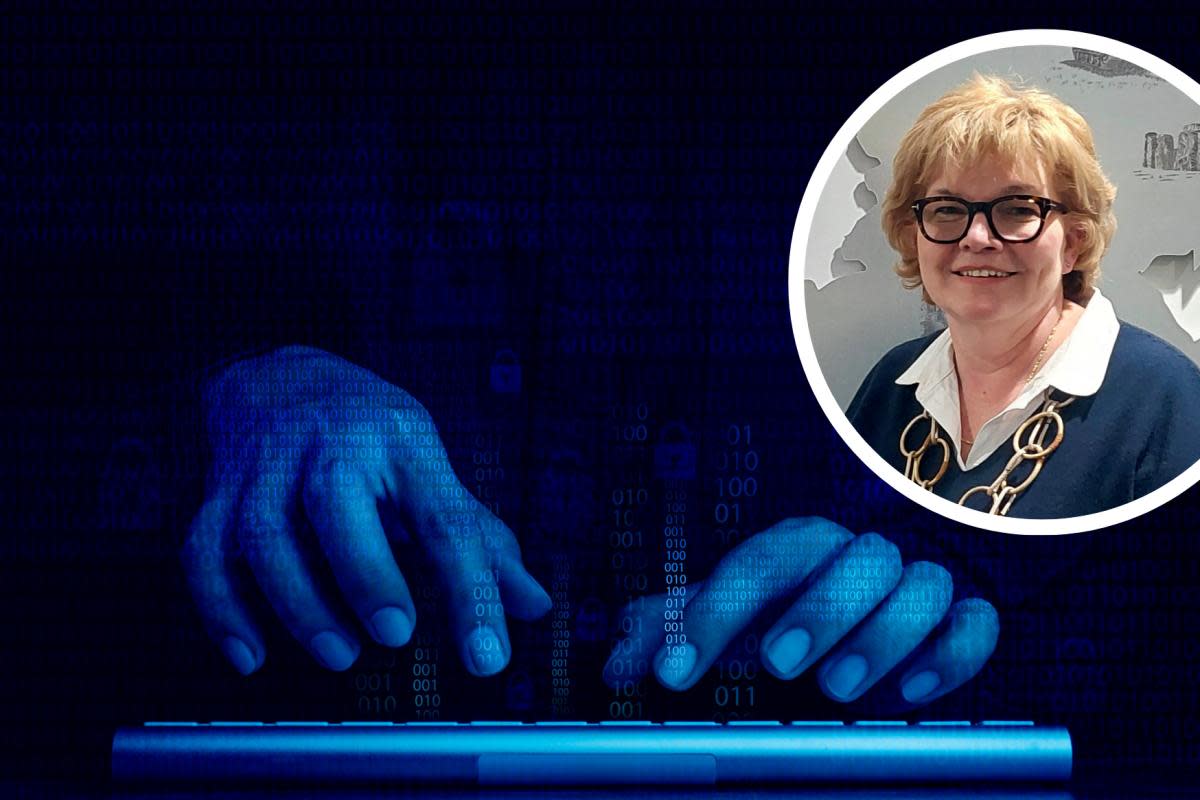Most common password mistake revealed by Wiltshire cyber security experts

Cyber security experts at the Wiltshire Bobby Van Trust are using World Password Day to warn people about the dangers of making it easy for hackers.
The day (Thursday, May 2) is dedicated to reminding people about the importance of online security and according to the charity, passwords can be the weakest link in any household’s or business’s digital armour.
Security researcher Mark Burnett first encouraged people to have a ‘password day’ where they update important passwords in his 2005 book Perfect Passwords. Inspired by his idea, Intel Security took the initiative to declare the first Thursday in May World Password Day in 2013.
“People tend to choose passwords that are easy to remember but that also makes them easy to guess or crack,” said Jennie Shaw, Director of the Wiltshire Bobby Van Trust, whose Stay Safe Online team provide free cyber security advice. “Hackers know this and can exploit weak passwords to gain access to everything from social media accounts to bank details.”
The most common password created is 123456.

Wiltshire Bobby Van Trust Director Jennie Shaw had provided advice on how to keep hackers at bay (Image: Wiltshire Bobby Van Trust)
“A short, predictable sequence like 123456 is easy to guess or crack through automated programmes for hackers,” said Mrs Shaw. “It is worth taking the time to create strong, unique passwords and using additional security measures, such as multi-factor authentication to bolster online defences.”
The charity has five useful tips to make online accounts harder to crack.
Mix capital and lowercase letters with numbers and special characters. A long, random password is far more secure than a short, complex one and should be 15 characters or more.
Never reuse passwords across different accounts. If one website experiences a data breach, hackers can try stolen login information on other sites.
Using actual words, or even modified versions, is dangerous. Hackers can easily use dictionary attacks to crack these passwords. Avoid using birthdays, pet names, sports teams or any other guessable phrases that could be identified with you.
Consider using a password manager – a secure application that stores and encrypts your passwords.
Many websites offer multi-factor authentication (MFA). This adds an extra layer of security, requiring a code from a phone or email in addition to the password.
Mrs Shaw said: “Strong passwords are the first line of defence in protecting your valuable data. There are plenty of links to further information on creating safe passwords, such as the government’s anti-fraud site takefive-stopfraud.org.uk, on our website.”
The charity’s team of police-trained Stay Safe Online volunteers carry out free home visits or group talks to anyone over 60, or over 18 if they have a registered disability.
They provide easy to follow guidance, help improve digital/cyber security awareness, offer cyber and scam prevention advice, signpost further advice and resources, provide support and reassurance and offer basic practical skills to enable people to check and understand privacy settings.
To apply for a visit email BobbyVanOnlineSafety@wbvt.org or call them on 01225 256867

 Yahoo News
Yahoo News 